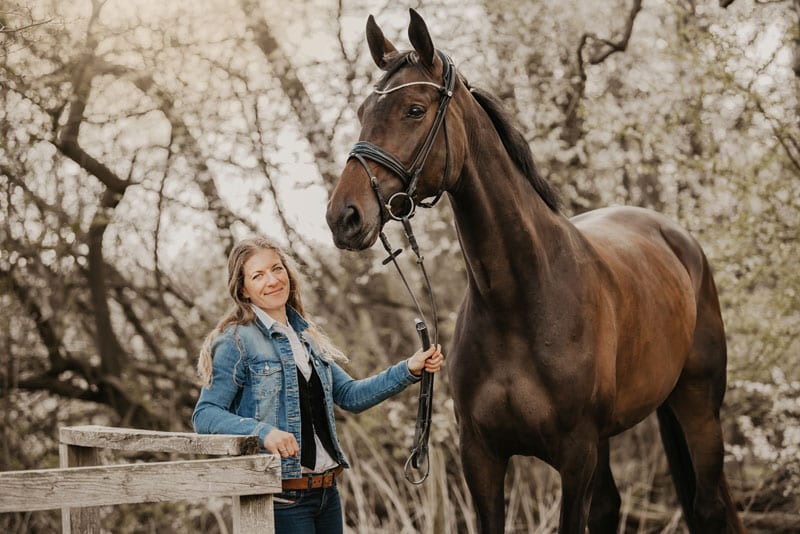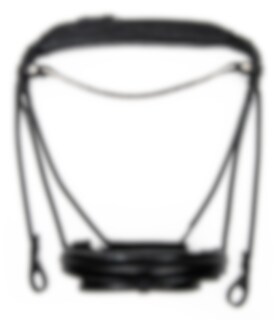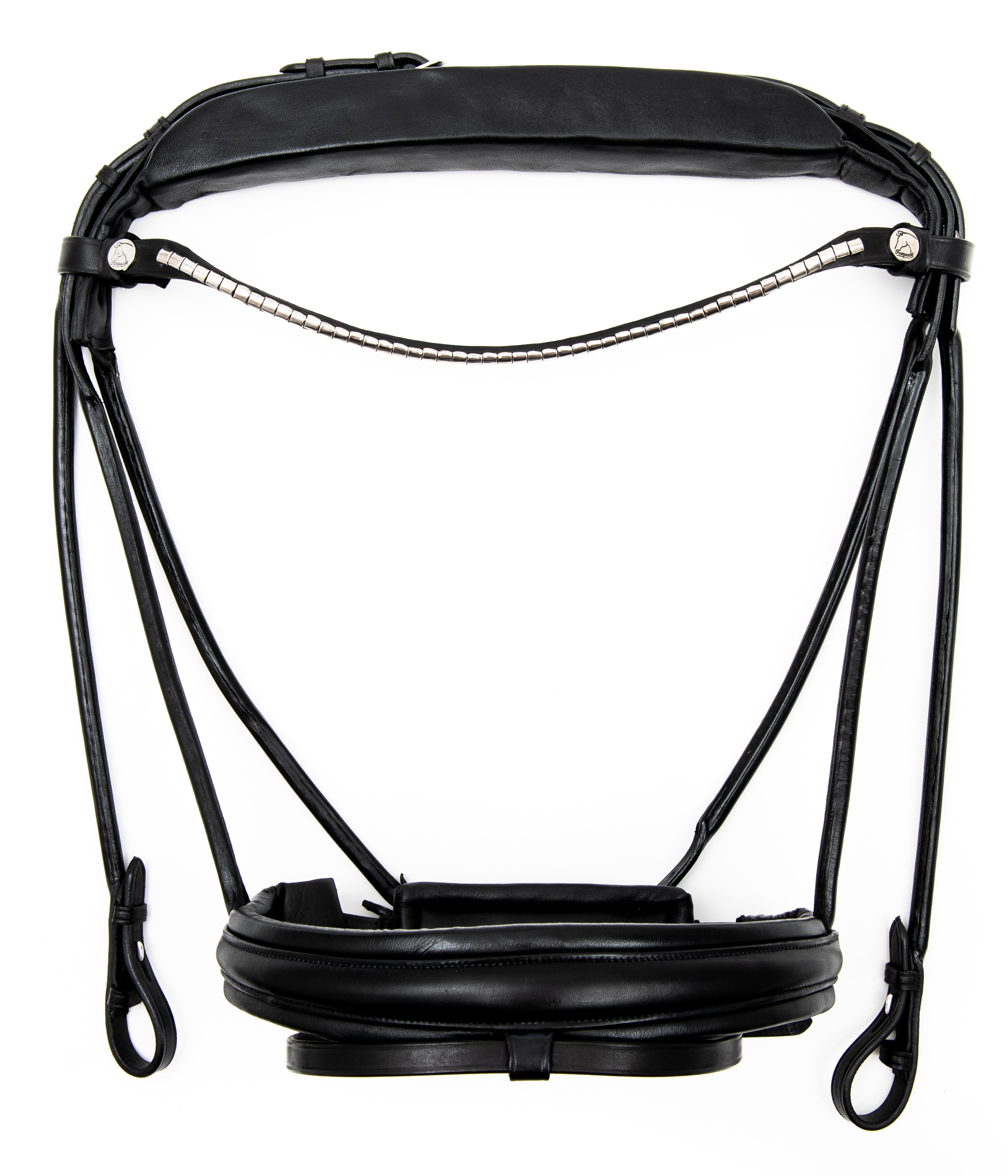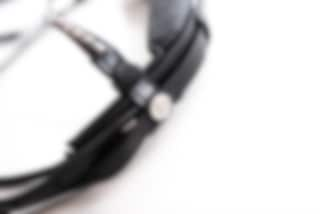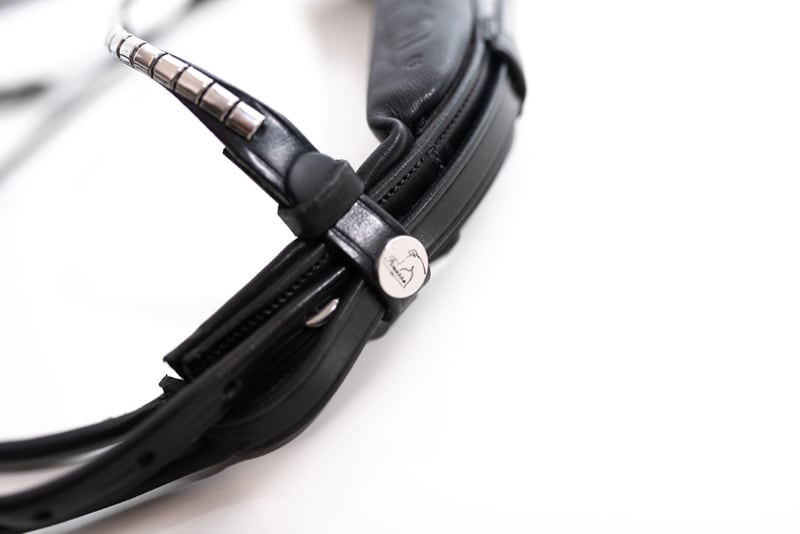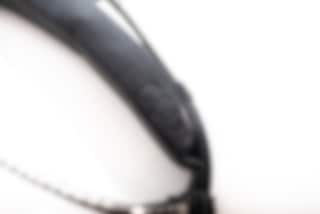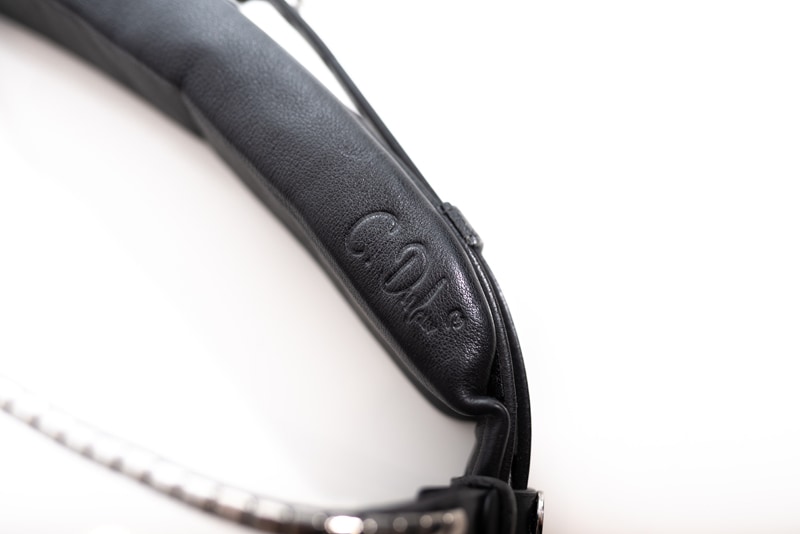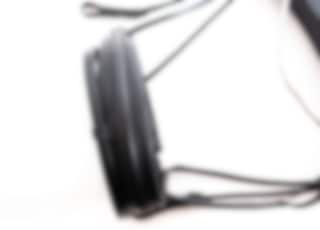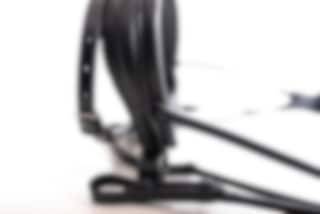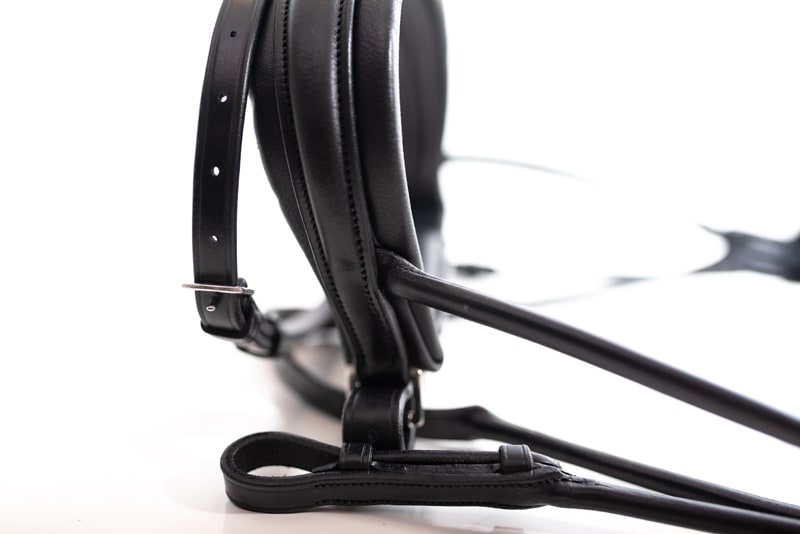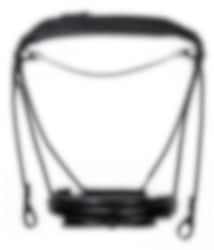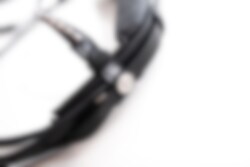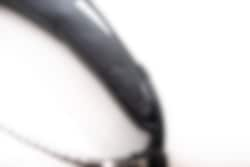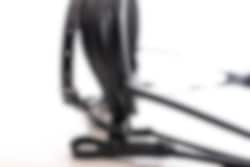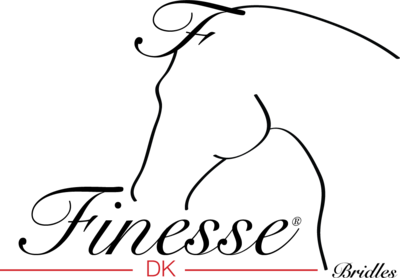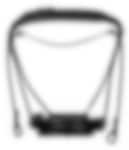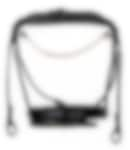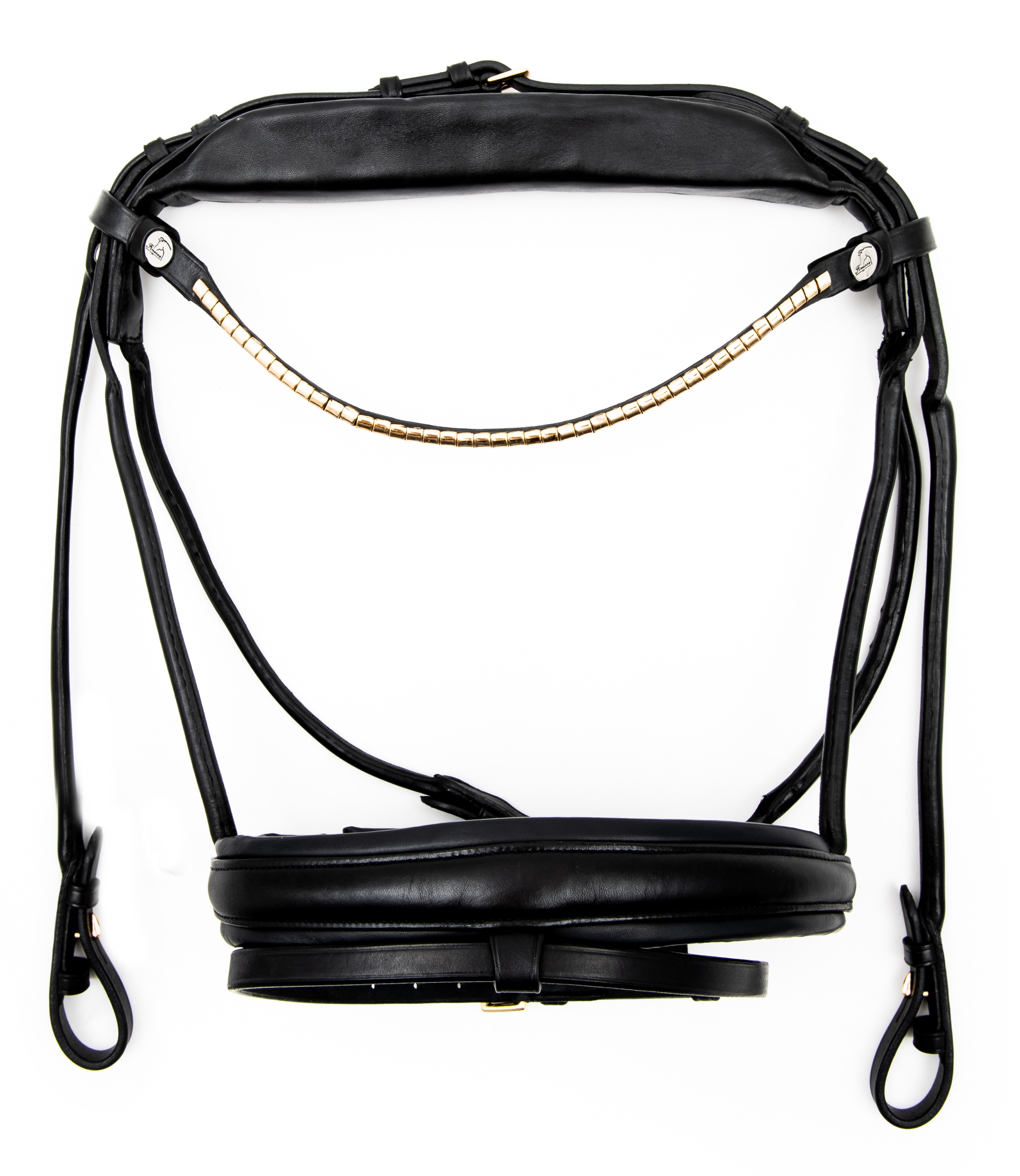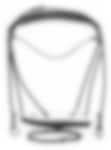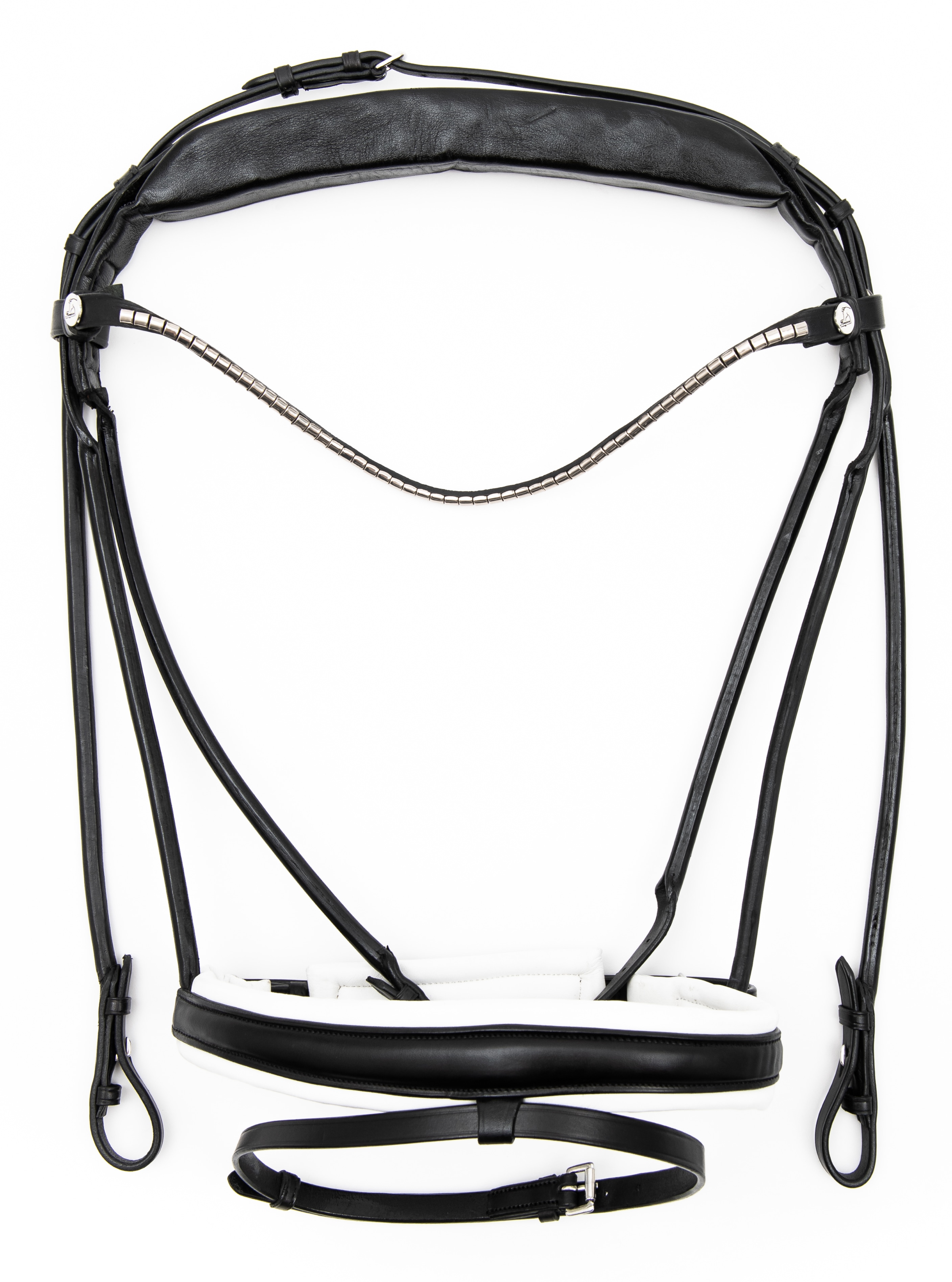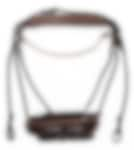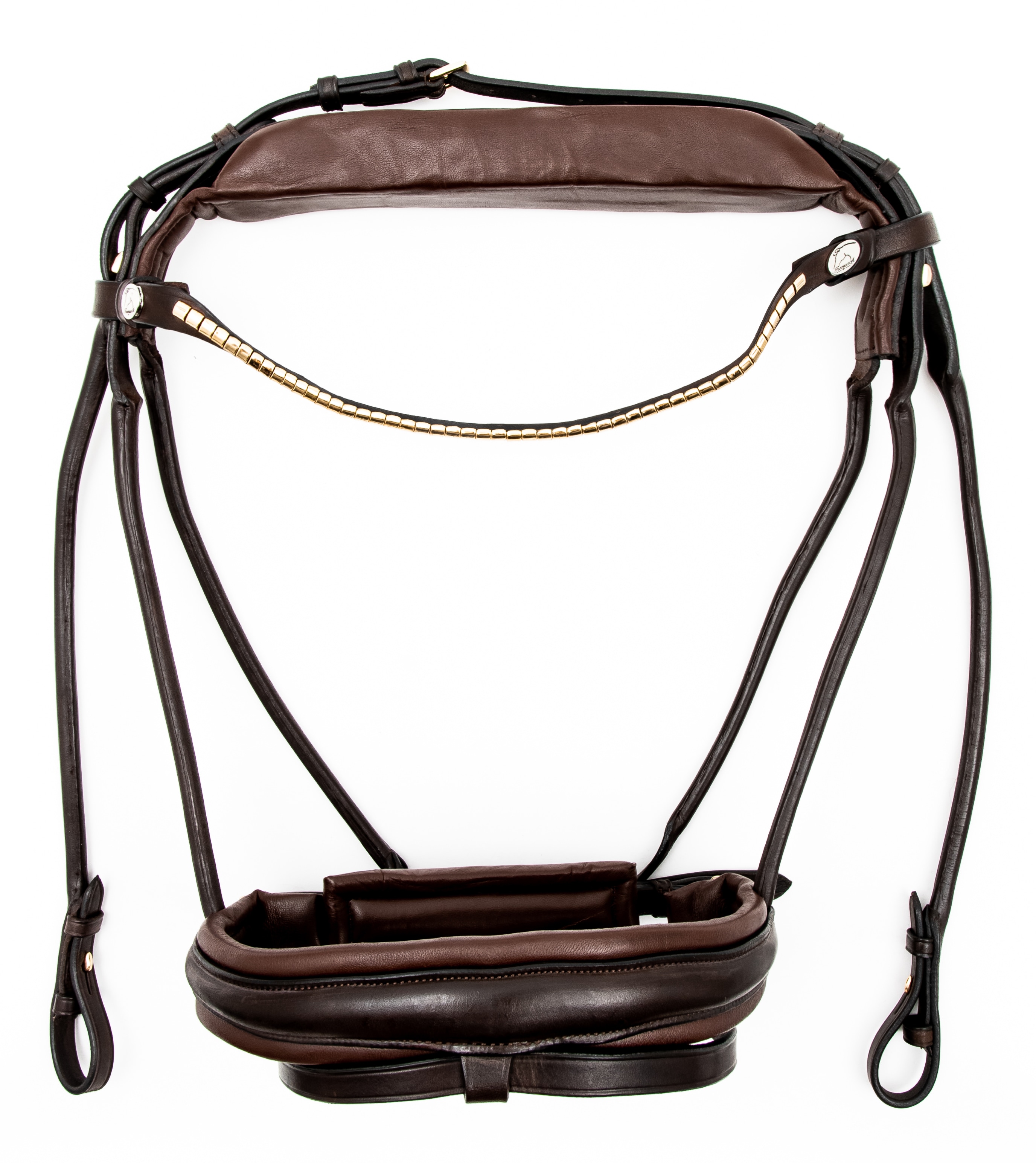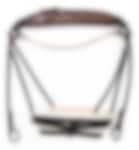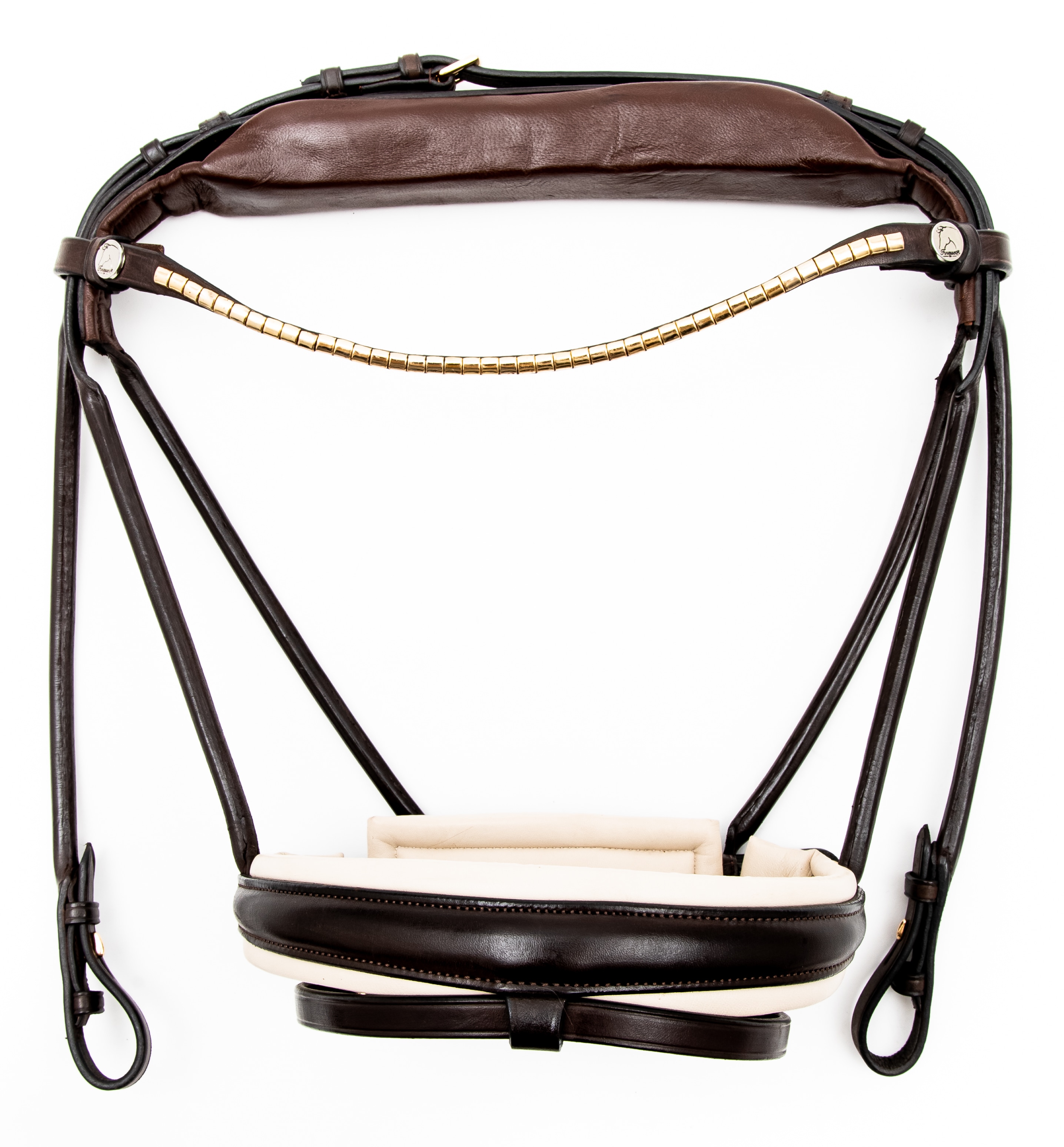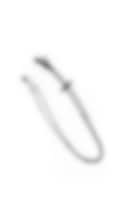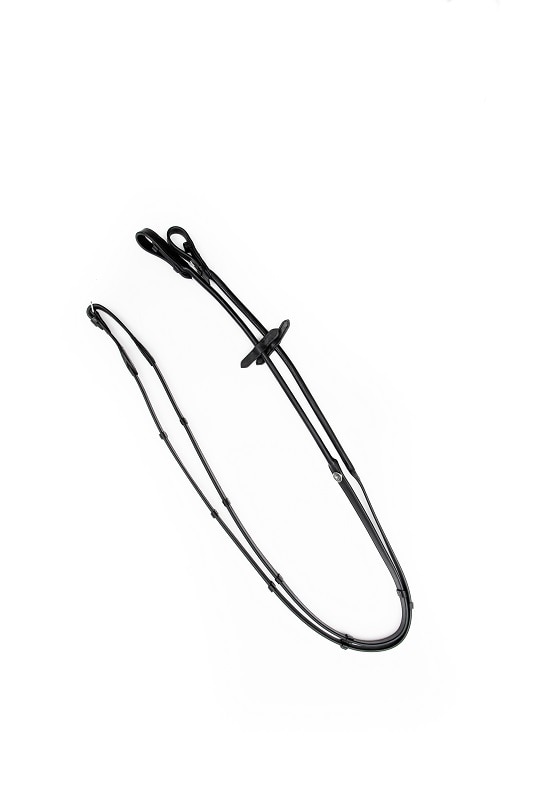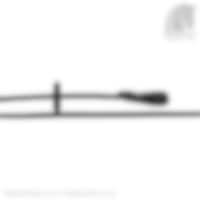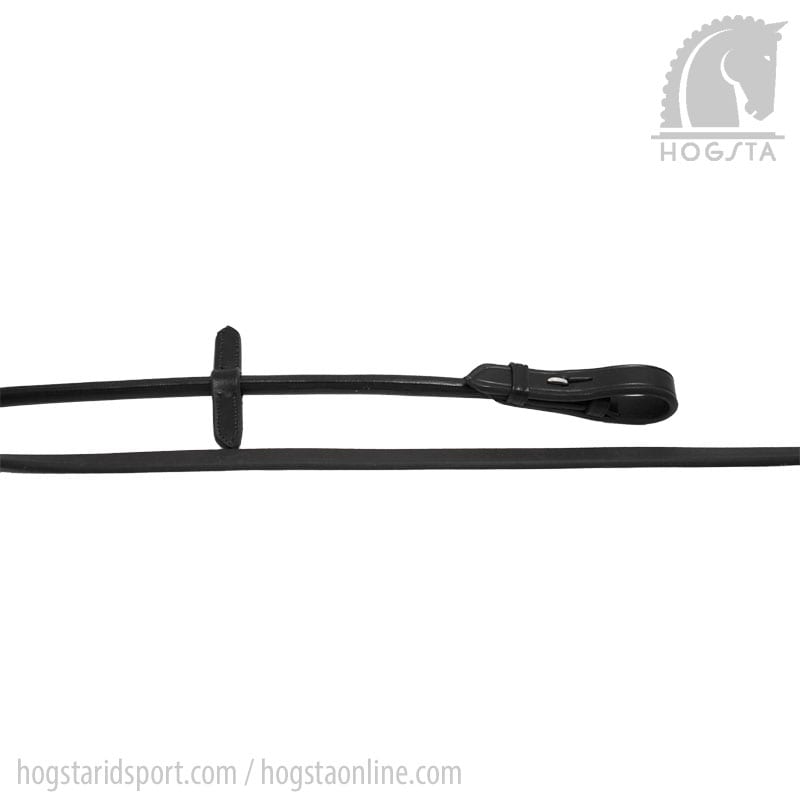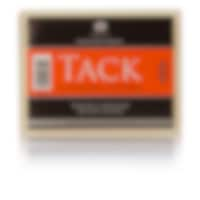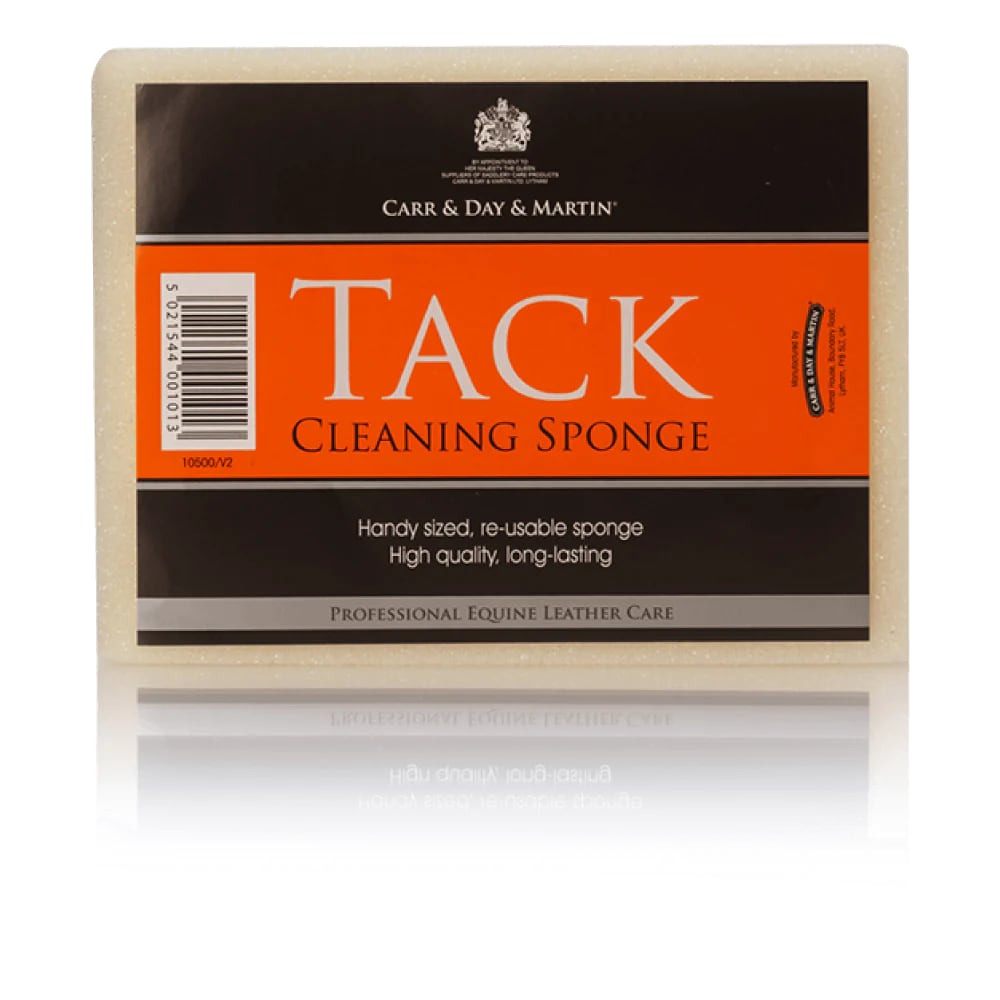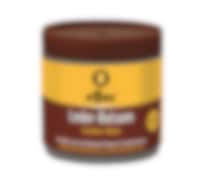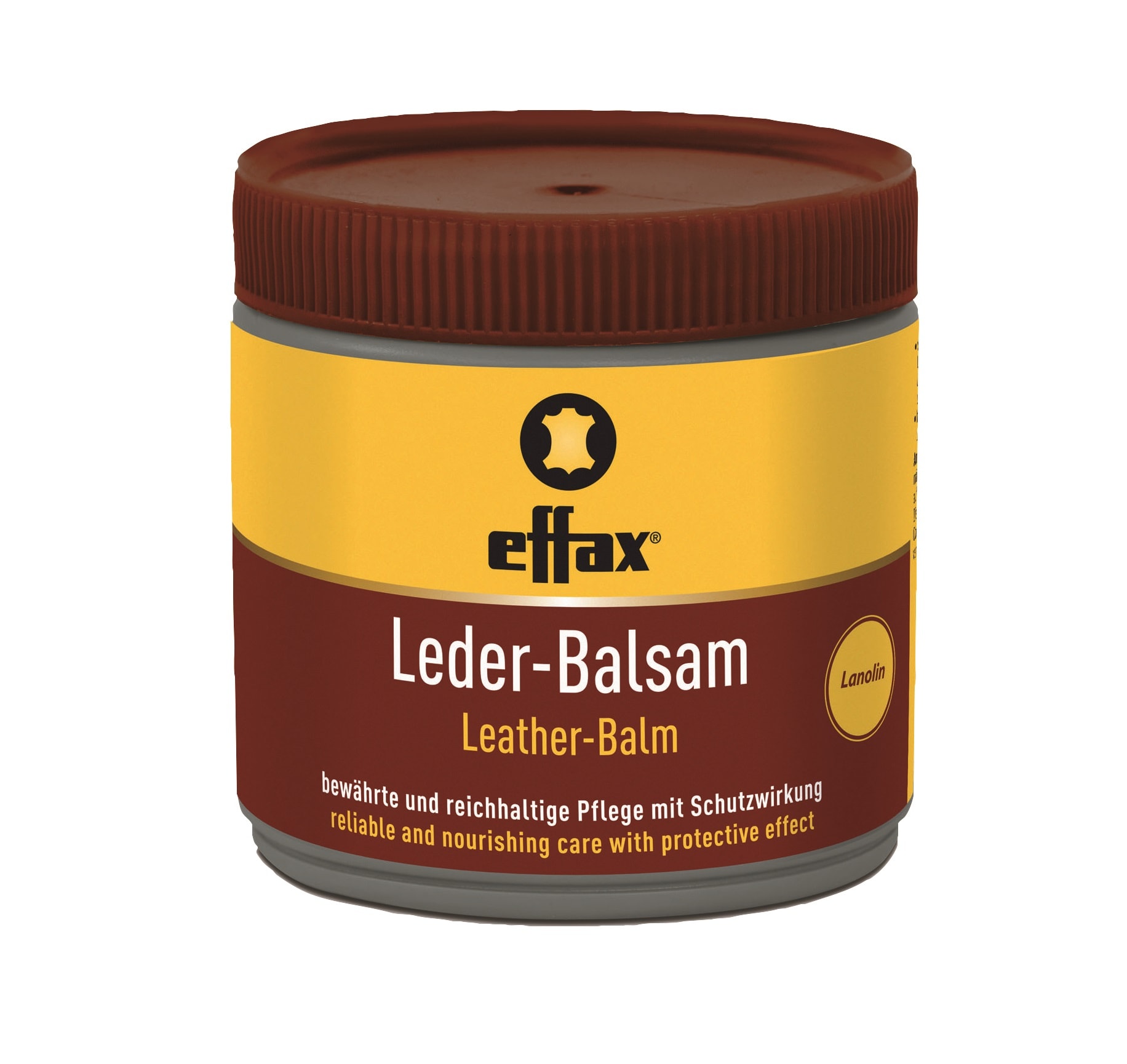Finesse Bridle - Black
Care advice
Product description
Terms & Conditions
An anatomical and round sewn bridle with a unique headpiece that prevents pressure and muscle damage in the horse's neck muscles. The bridle is fitted with a thin browband with stylish clincher in silver.
Color: Black / Black
Round-sewn!
Crownpiece info:
Have you ever tried to get a finger under the headpiece when the horse have the bridle on? Usually you barely get a finger under in.
Finesse Bridle has a completely different headpiece design compared to other bridles on the market, the crownpiece of their bridles and double-bridles is designed to spread and reduce the pressure on the horse's neck.
The technology behind the headpiece has been developed by engineers and experts in the field, who have also developed hospital mattresses for bedridden patients where lying and pressure ulcers are a common problem.
The headpiece is made of a unique fiber material that allows blood flow through the body (neck) regardless of how the horse is built.
The names behind Finesse Bridles:
A study done by 2 veterinary students and Dr. Adrian Harrison on 12 Icelandic horses showed that all horses got a much better movement throughout the body compared to a "normal" bridle. This means that the horse does not get the same overload of the muscles as with a "normal" bridle.
It is not only the neck that are positively affected by this crownpiece, but also Splenius & Brachiocephalius (which are the two myofasicial lines that have a major impact on the whole horse's movements, from the neck down to the hind legs). A more detailed report on the subject will be available from the Faculty of Health and Mecal Sciences, University of Copenhagen in the later part of 2019.

